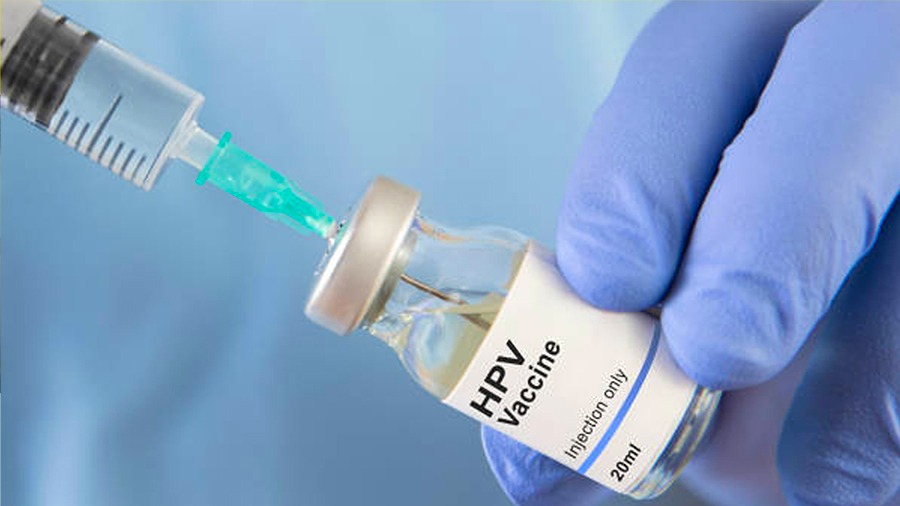HPV ( Human Papilloma Virus ) infection is a common sexually transmitted disease across the world.
It is highly contagious and spreads through direct skin-to-skin contact, particularly during sexual activity.
It is estimated that the risks of getting infected with HPV is around 84.6% for women and 91.3% for men. According to the World Health Organisation, globally, about 600 million people are infected with HPV, with an even distribution among men and women.
Here are 10 important facts you must know about HPV:
1. HPV is Extremely Common
HPV is the most common sexually transmitted infection (STI) worldwide. Most sexually active people will get HPV at some point in their lives, often without even knowing it.
2. There are Over 100 Types of HPV
HPV is not just one virus, but a group of over 100 related viruses. About 40 types can infect the genital area, mouth, and throat.
3. HPV Can Cause Cancer
Certain “high-risk” types of HPV can cause cancers such as:
Cervical cancer
Anal cancer
Penile cancer
Throat (oropharyngeal) cancer
Vaginal and vulvar cancer
4. HPV Also Causes Genital Warts
Low-risk types of HPV don’t cause cancer but can cause genital warts, which are skin growths in the genital and anal areas.
5. Most HPV Infections Clear on Their Own
In most healthy people, the immune system naturally clears the infection within 1 to 2 years without causing health problems.
6. HPV is Spread Through Skin-to-Skin Contact
HPV is primarily spread through intimate skin-to-skin contact, including vaginal, anal, and oral sex. It does not require intercourse to be transmitted.
7. There is a Vaccine for HPV
The HPV vaccine (e.g., Gardasil 9) protects against the most common cancer-causing and wart-causing types of HPV. It is recommended for both males and females, ideally before becoming sexually active.
8. HPV Testing and Pap Smear Help Detect Risks Early
Pap smears detect abnormal cervical cells, while HPV testing detects the virus itself. Regular screening can help prevent cervical cancer by catching changes early.
9. HPV Can Affect Both Men and Women
While cervical cancer is the most known consequence, HPV can also cause health issues in men, such as penile, anal, and throat cancers, as well as genital warts.
10. HPV is Preventable
Vaccination, using condoms, reducing the number of sexual partners, and regular health check-ups significantly lower the risk of HPV infection and its complications.
How to avoid getting infected with HPV:
- Practice safe sex to reduce risk.
- Use condoms and limit sexual partners to lower infection chances.
- Get vaccinated if eligible. The vaccine protects against the most common HPV strains.
- Get regular pap tests. Regular screenings can detect issues early. Early detection prevents serious health problems caused by HPV.
- Talk to your doctor about concerns. Discuss vaccination and screening options tailored to you.




